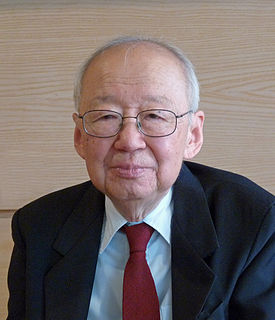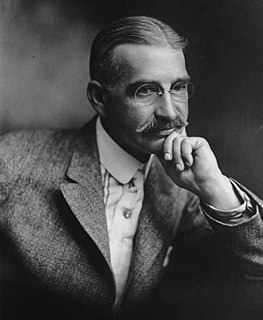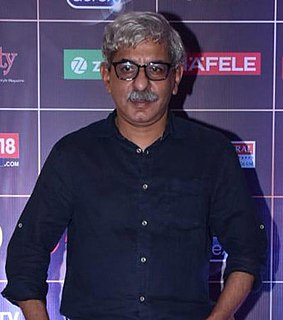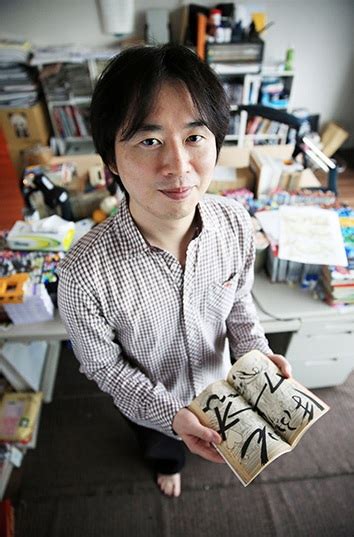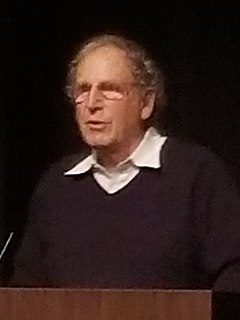A Quote by Yi-Fu Tuan
In a sense, every human construction, whether mental or material, is a component in a landscape of fear because it exists in constant chaos. Thus children's fairy tales as well as adult's legends, cosmological myths, and indeed philosophical systems are shelters built by the mind in which human beings can rest, at least temporarily, from the siege of inchoate experience and of doubt.
Quote Topics
Adult
Because
Beings
Built
Chaos
Children
Component
Constant
Construction
Doubt
Every
Exists
Experience
Fairy
Fairy Tale
Fairy Tales
Fear
Human
Human Being
Human Beings
Indeed
Landscape
Least
Legends
Material
Mental
Mind
Myths
Philosophical
Rest
Sense
Shelters
Siege
Systems
Tales
Thus
Well
Whether
Which
Related Quotes
Folklore, legends, myths and fairy tales have followed childhood through the ages, for every healthy youngster has a wholesome and instinctive love for stories fantastic, marvelous and manifestly unreal. The winged fairies of Grimm and Andersen have brought more happiness to childish hearts than all other human creations.
I think that every educator, indeed every human being, is concerned with what is true and what is not; what experiences to cherish and which ones to avoid; and how best to relate to other human beings. We differ in how conscious we are of these questions; how reflective we are about our own stances; whether we are aware of how these human virtues are threatened by critiques (philosophical, cultural) and by technologies (chiefly the digital media). A good educator should help us all to navigate our way in this tangled web of virtues.
If human beings can be trained for cruelty and greed and a belief in power which comes through hate and fear and force, certainly we can train equally well for greatness and mercy and the power of love which comes because of the strength of the good qualities to be found in the soul of every human being.
Though now we think of fairy tales as stories intended for very young children, this is a relatively modern idea. In the oral tradition, magical stories were enjoyed by listeners young and old alike, while literary fairy tales (including most of the tales that are best known today) were published primarily for adult readers until the 19th century.
One of the things that I tell beginning writers is this: If you describe a landscape, or a cityscape, or a seascape, always be sure to put a human figure somewhere in the scene. Why? Because readers are human beings, mostly interested in human beings. People are humanists. Most of them are humanists, that is.
The claim that myth is always a narrative spin-off of ritual; the claim that myth is the projection of human anxieties onto a cosmological scrim; the claim that myths are invented to give sanction to human predilections and institutions... These are ways of trivializing a mode of thought that has served humanity well for a very long time.
In film, there are two ways of including human beings. One is depicting human beings. Another is to create a film form which, in itself, has all the qualities of being human: tenderness, observation, fear, relaxation, the sense of stepping into the world and pulling back, expansion, contraction, changing, softening, tenderness of heart. The first is a form of theater and the latter is a form of poetry.
The psyche is the inward experience of the human body, which is essentially the same in all human beings, with the same organs, the same instincts, the same impulses, the same conflicts, the same fears. Out of this common ground have come what Jung has called the archetypes, which are the common ideas of myths.
Short story writers simply do what human beings have always done. They write stories because they have to; because they cannot rest until they have tried as hard as they can to write the stories. They cannot rest because they are human, and all of us need to speak into the silence of mortality, to interrupt and ever so briefly stop that quiet flow, and with stories try to understand at least some of it.
